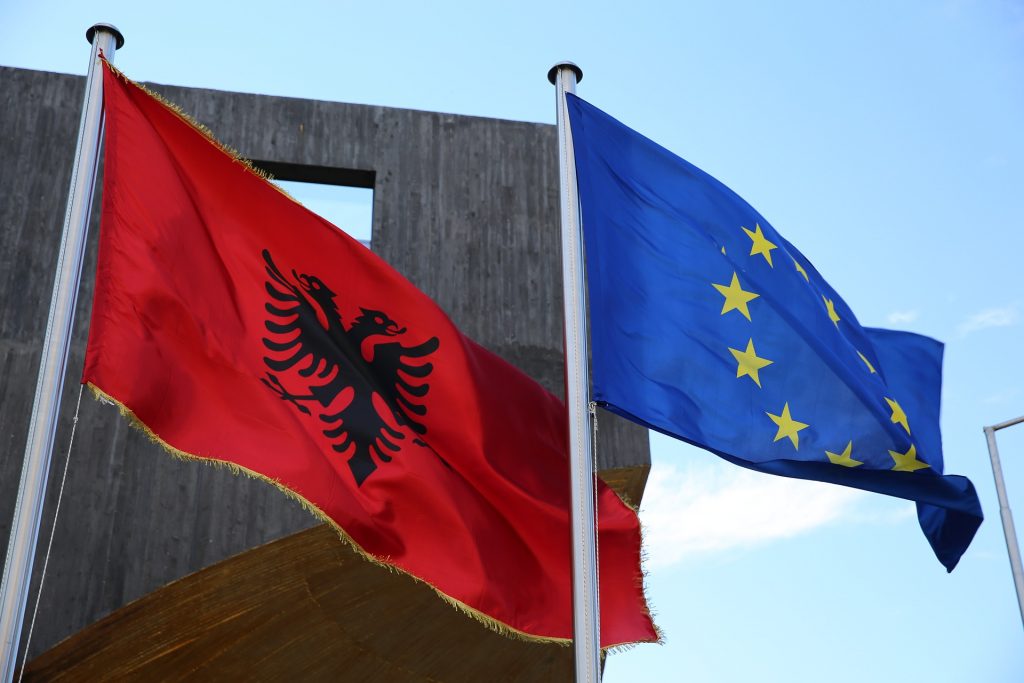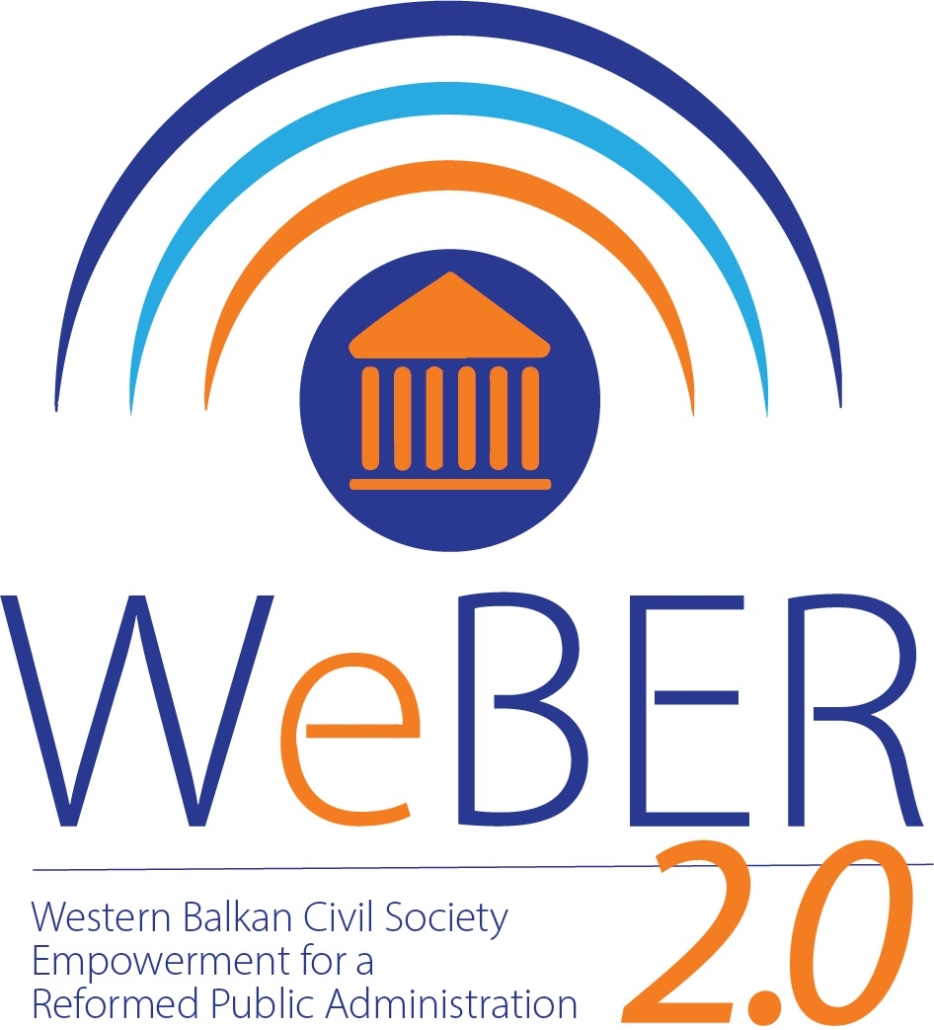October 13th, 2020 – An Economic and Investment plan for the Western Balkans, with which the EU has dedicated up to 9 billion euros for “the Western Balkans long-term economic recovery and regional economic integration”. This is the amount that the EU, or European Parliament, should approve under the next EU budget from 2021 to 2027.
The plan identifies key areas for projects and investments in the Western Balkans. These include the creation of sustainable transport and energy networks, environmental and digital renewal, strengthening the competitiveness of the private sector, support for health, education and social protection. Although there are no conditions for receiving this assistance in the plan itself, it is clear that these funds should be used by the Western Balkan countries to meet the criteria for EU accession – to improve the rule of law, public administration, democratic institutions and judiciary, economic reforms and so on, which is clearly determined by the EU Enlargement Strategy for the Western Balkans. This is the conclusion of today’s event organised by the Dutch institute Clingendael with the Think for Europe Network (TEN).
Allan Jones from the European Commission’s Directorate-General for Enlargement and Neighborhood Policy, one of the speakers at the panel, said that the EU adopted the plan because it recognised the need to support and accelerate “economic convergence”, approaching the economic standard of the EU and the Western Balkans.
“The EU wants to increase competitiveness, support the green and digital economy, unleash the economic potential of the region, increase the scope of economic cooperation among the countries of the region and encourage reforms,” he said. “However, the rule of law is a necessary condition, and if there is a setback, stagnation or insufficient progress, we will have to find ways to solve this problem,” he said.
“The region has made great progress when it comes to post-conflict transition, but we need to work on both political and economic criteria. The Western Balkans are still far from being able to withstand the pressure of the EU market economy,” Jones said.
European Policy Centre – CEP Programme Director, Milena Lazarević, said that the guarantee fund, which will be provided by the Economic and Investment Plan, has additional value, especially bearing in mind that economic aid has often come from parts of the world that are “not the most democratic”, with often disguised conditions.
“This plan shows the ‘human face’ of the accession process and aims to make the benefits of EU accession more tangible to the people,” said Simonida Kacarska from Macedonia’s European Policy Institute (EPI). “The EU’s desire is to work on building future EU member states, and this is shown by this plan,” she explained.
Gjergi Vurmo from the Tirana-based think tank, Institute for Democracy and Mediation (IDM) says that many civil society organisations and other stakeholders have “urged” for the plan like this, given the growing pressure from the presence of other actors and countries in the region, such as China and Russia.
Wouter Zweers from Clingendael Institute told that the Economist estimated the difference between the average income in the EU and the Western Balkans was 15 times larger in 2017 than in 1989, and that some scenarios predict that the Western Balkans will need “200 years to move closer to the EU in economic terms. “The question is whether this plan will be enough to achieve economic convergence, ” he added.
Watch full discussion here.





